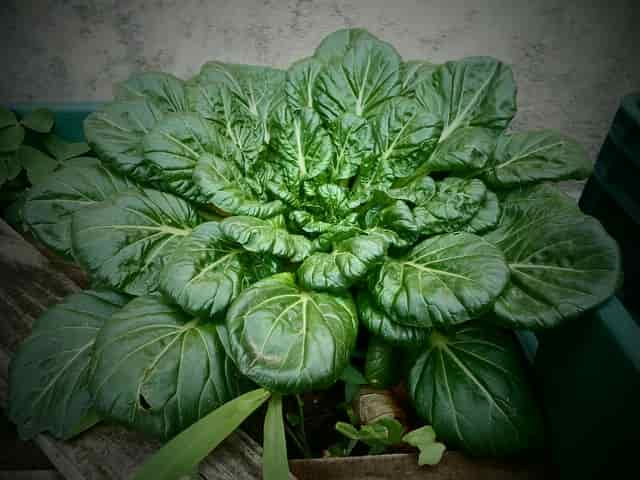Spinach is a leafy vegetable from the Chenopodiaceae (goosefoot) family. It is full of vitamins and minerals that make it a nutritional powerhouse. Spinach is also rich in antioxidants such as lutein, beta-carotene, and zeaxanthin. These nutrients help promote good health. However, cooking leads to significant nutrient loss. For instance, frying spinach for only two minutes causes more than a 60% decline in lutein. People who want to enjoy the full benefits of spinach have one option, which is eating this nutritious vegetable raw. Spinach is safe to eat raw for most people. It is best consumed in a smoothie, salad, or sandwich. Even so, there is a strong debate about whether raw spinach is good for you.
Should you avoid spinach because of oxalates?
Raw spinach is good for you if you take it in moderation because it contains higher oxalate levels than most sources. Normally, the oxalate content in 100 grams of fresh spinach can vary from 647.2-1,286.9 milligrams.
The high oxalate content affects nutrient availability and absorption by reacting with minerals in food, forming insoluble crystals that might lead to kidney stones. Thus, too much spinach is bad for your kidneys and may harm them in the short or long run depending on their overall health.
Individuals with a history of kidney stones should take raw spinach less frequently and in moderate amounts. The high oxalate content in spinach increases the amount excreted in urine and makes such people more susceptible to kidney stones.
The same problem can happen in healthy people if they eat too much raw spinach and take other high oxalate foods such as french fries, purslane, parsley, rhubarb, beets, nuts, and chives.
It is not a good idea to eat spinach every day unless you can closely watch your intake. A cup of fresh spinach (roughly 30 grams) is sufficient to provide full health benefits and reduce the risk of kidney stones.
One does not need to eat spinach every day to enjoy their benefits. Indeed, daily spinach intake might increase health risks.

How can you eat spinach without getting kidney stones?
If you want to enjoy spinach without getting kidney stones, you can add lemon juice to a smoothie or salad.
Lemon juice adds citric acid to the diet and helps form calcium citrate instead of calcium oxalate crystals. In addition, lemon juice makes it easier to absorb more iron and vitamin C in a spinach diet.
Adding calcium-rich foods can also help reduce the oxalates in the urine. The calcium reacts with oxalate in the stomach and decreases the amount in the urine.
As a result, there is a low risk of kidney stones. Some calcium-rich foods to add to a raw spinach diet to lower kidney stone risk include cream cheese, yogurt, and milk.
When should you not eat spinach?
Spinach is bad for you if you are taking blood thinners or anticoagulants. These medications help reduce the risk of blood clots. However, spinach works contrary because it is rich in vitamin K, which boosts blood clotting. Thus, blood thinners may become less effective when spinach is part of your diet.
Raw spinach is also bad for infants and young children because of the risk of foodborne illnesses. Even cooked spinach is still a concern for infants younger than four months due to its high nitrate content.
The high nitrate content increases their risk of developing a blood disorder known as methemoglobinemia. Even so, infants aged 6 months and above can safely eat cooked spinach but not raw spinach.
Spinach is also not good for people with latex allergies or histamine intolerance. It follows evidence that spinach can cause allergic reactions in some people. However, these allergies are rare.
If you use raw spinach for a smoothie, read Here is Why Smoothies May Hurt Your Kidneys to learn more tips about how to make a kidney-friendly smoothie and reduce your risk of kidney stones.

